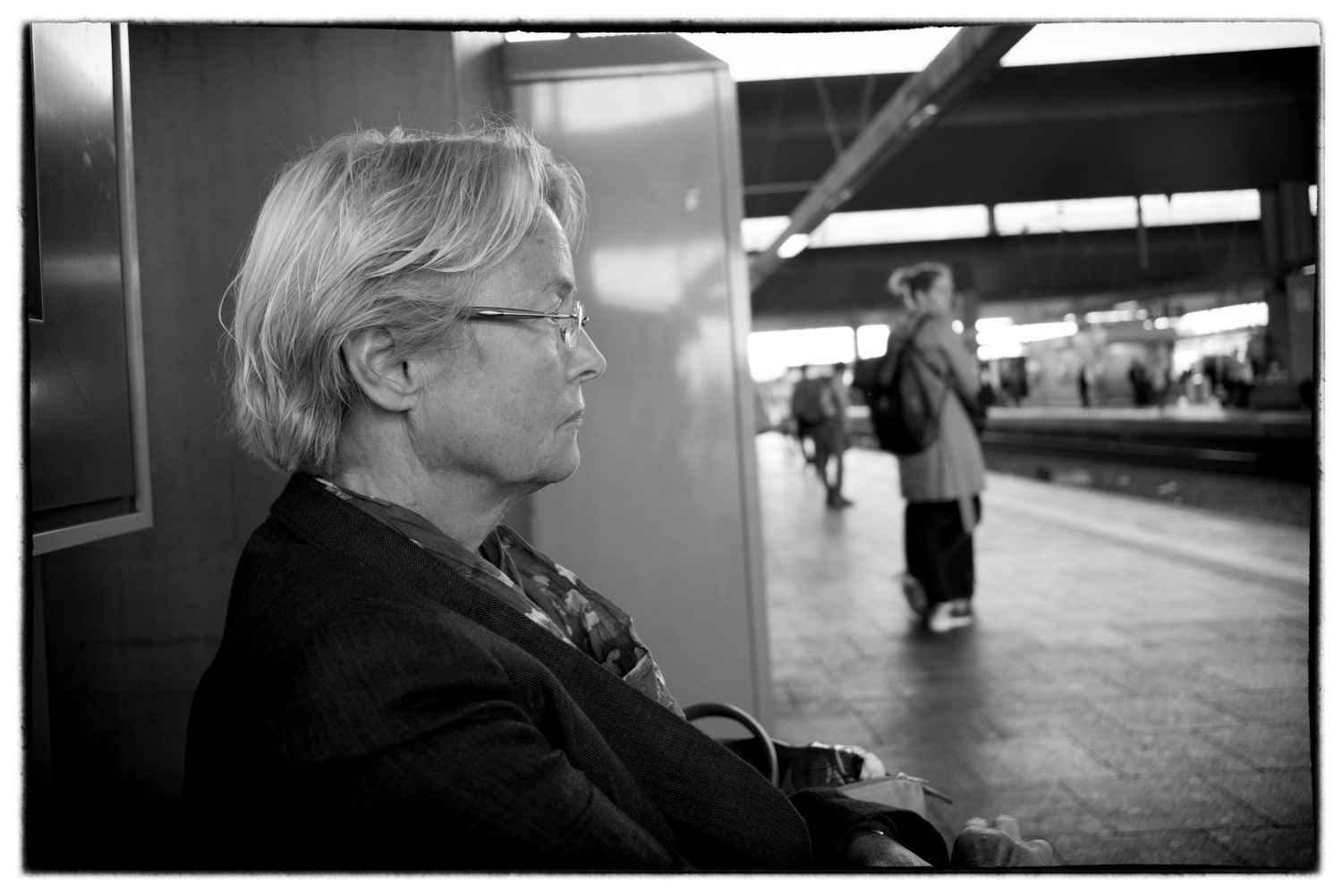It is the way the out of focus areas are rendered by a lens and, if I am not wrong, it is a concept that was made popular as a justification for the incredible high price of certain German lenses with a red dot. When nobody saw many differences on how they resolved it was pointed to us that we actually had to look at the out of focus areas. Eventually, another company from Portland, Oregon, showed that even a two elements lens in a ball and socket mechanism would produce smooth bokeh and we stopped believing was was told to us. 😀 (The first need no explanation, the second is, of course, Lensbaby.)
Seriously, if the question was about "how important is for me the bokeh of a lens when I buy one" I would say that it is not very important except for very long telephoto lenses. Mirror lenses are famous for being terrible on that respect and I avoid them. Moreover, I find that, since most of the picture at very long lenses for me happens on grass, which is particularly prone to be badly represented when it is out of focus, and since DOF is usually very shallow, I am quite picky on any long lens about bokeh. Not that I have only super expensive lenses, only if I am on a tight budged I rather give up a stop or fast autofocus. At any other length I don't care much with modern lenses.
If the question is about DOF, well, it really depends on the subject but I would say that my rule is to have enough DOF to have some context and little enough to make clear what is the focus of the picture. Sometimes there is no context, only a background in a studio and we can set as shallow as we want, other times everything is important in the picture and we can have infinite DOF, most of the time we have little to do and we must content ourselves with what is possible.
GLF






